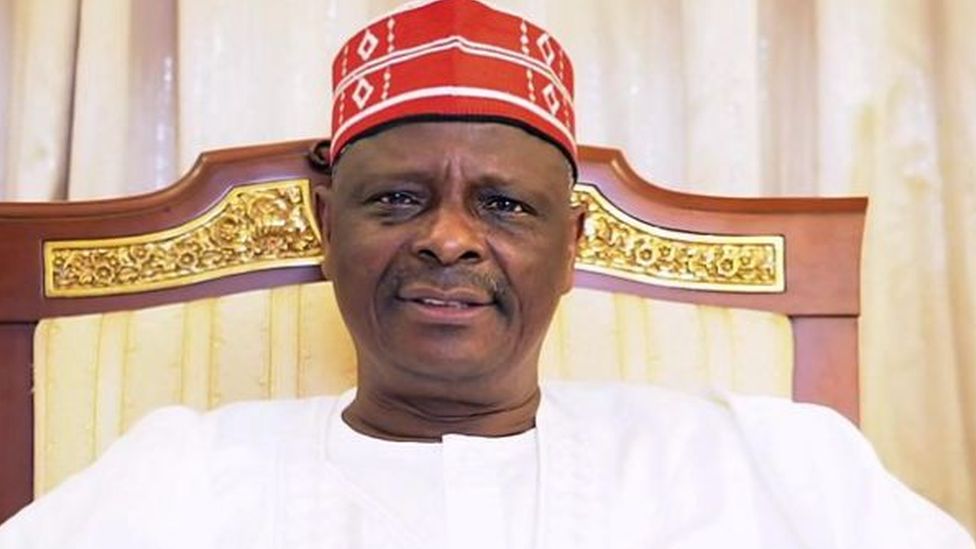The political landscape of Kano State, Nigeria, has been recently marked by a wave of defections from opposition parties, particularly the New Nigeria Peoples Party (NNPP), to the ruling All Progressives Congress (APC). This political realignment has drawn sharp criticism from Rabiu Kwankwaso, former governor of Kano State and National Leader of the NNPP. Kwankwaso has characterized these defections as the “worst political sin” and the “highest level of betrayal” of the electorate, accusing the defecting politicians of prioritizing personal gain over the interests of the people who voted them into office. This condemnation comes in the wake of several high-profile defections, including that of Senator Abdulrahman Kawu Sumaila, representing Kano South Senatorial District, and other NNPP lawmakers at both national and state levels. Kwankwaso’s remarks highlight the deep divisions and shifting allegiances within the Nigerian political sphere.
Kwankwaso’s critique centers on the perceived opportunism and self-serving motivations of the defecting politicians. He argues that these individuals have abandoned the very party that provided them with the platform and support to achieve electoral success, choosing instead to align with a party they previously opposed. This, in Kwankwaso’s view, constitutes a profound betrayal of the trust placed in them by the voters. He specifically pointed to the Kano South Senatorial District as a case in point, alleging that the electorate rejected inducements and voted based on principle, only to have their chosen representative switch allegiances for personal gain. This act, according to Kwankwaso, undermines the democratic process and disrespects the will of the people.
Beyond the immediate political implications, Kwankwaso’s condemnation also carries a moral dimension. He frames the defections not merely as political maneuvering but as a violation of trust and a breach of ethical conduct. This moral framing seeks to depict the defecting politicians as untrustworthy and self-interested individuals who have placed personal ambition above the well-being of their constituents. By characterizing their actions as a “sin,” Kwankwaso attempts to delegitimize their political moves and paint them as morally reprehensible. This strategy aims to resonate with the electorate and solidify support for the NNPP by portraying the party as a bastion of integrity against opportunistic politicians.
Kwankwaso’s public pronouncements also serve as a rallying cry for his loyal supporters within the NNPP. He commended those who remained steadfast in their commitment to the party, particularly hundreds of Senator Sumaila’s former supporters who chose to remain with the NNPP rather than follow him to the APC. This praise serves to reinforce their loyalty and strengthen their resolve in the face of these political shifts. By acknowledging their steadfastness, Kwankwaso aims to bolster morale within the NNPP and project an image of resilience and unwavering commitment to the party’s principles.
Furthermore, Kwankwaso’s strong words against the defectors also carry an implicit warning: betraying the Kwankwasiyya Movement, his political structure, will not go unpunished. He cautioned that those who have left will eventually regret their decision, foreshadowing potential political consequences for their actions. This serves as a deterrent to other potential defectors and underscores the power and influence of the Kwankwasiyya movement within Kano politics. This assertion of strength is intended to reassure his supporters and project an image of a formidable political force that will not be easily undermined by defections.
The defections and Kwankwaso’s subsequent condemnation underscore the complexities of Nigerian politics, characterized by shifting alliances, personal ambitions, and the constant maneuvering for power. These dynamics often play out against a backdrop of socio-economic challenges and the struggle to represent the interests of the electorate. Kwankwaso’s strong stance against the defectors reflects his attempt to navigate these complexities and maintain his political influence within Kano state. The long-term impact of these political realignments and Kwankwaso’s response remains to be seen, but they undoubtedly shape the political landscape and the ongoing contest for power in Kano and beyond.














